
If you’ve been rejected by major banks or are just starting to build your financial profile, the Home Trust Secured Visa might be the missing link. With guaranteed approval and full credit bureau reporting, it offers a no-nonsense path to better credit—without the trap of hidden fees or gimmicks.
Step-by-Step: How to Use the Home Trust Secured Visa Effectively
1. Apply Online — But Avoid These Mistakes
Visit the official Home Trust website (never third-party brokers). Choose between the No Annual Fee version or the Low Interest ($59/year) variant. During the application:
- Use your legal full name and ensure it matches your credit bureau file.
- Your initial deposit (minimum $500) must be submitted via money order or online banking transfer.
- Don’t overfund—start small unless you’re confident in budgeting.
Pro tip: Keep 30–50% of your credit limit available for better utilization scores.
2. Track Every Transaction (Because Home Trust Doesn’t Alert You)
Unlike most modern fintech apps, Home Trust’s mobile support is minimal. There’s no instant app notification, so use these workarounds:
- Sync the card to Mint or Credit Karma to track expenses.
- Log into the Home Trust portal weekly to monitor balances.
- Set recurring payment reminders on your calendar.
3. Pay 5 Days Early to Maximize Credit Impact
Home Trust reports your balance monthly—whatever appears as your statement balance. To show the best credit behaviour:
- Pay off most of your balance before the statement closing date.
- Keep reported utilization under 30% of your limit.
Even better: set up biweekly payments to simulate active use + responsibility.
Insider Hacks to Build Credit Faster
The $1 Trick
Leave exactly $1–$5 unpaid on your statement. It creates a small balance that reports as “revolving” without hurting utilization. Credit scoring models see this as “active responsible use.”
Mix It Up
Use the card for small fixed expenses like:
- Netflix or Spotify
- Monthly transit pass
- Mobile plan
These predictable charges make it easy to automate payments and avoid interest altogether.
Add a Secured Line of Credit
Pairing your secured Visa with a secured line of credit from a credit union (like Meridian or Coast Capital) diversifies your credit mix—another key scoring factor.
FAQ: Questions Most People Don’t Ask (But Should)
1. What happens to my deposit when I close the card?
Once your balance is paid off and the account is closed, your deposit is returned—typically within 4–8 weeks.
2. Can I upgrade to an unsecured card with Home Trust?
Currently, Home Trust does not offer unsecured upgrades. However, you can use the credit growth to apply for better cards elsewhere.
3. Is it safe to use abroad?
Yes. As a Visa card, it works globally. But beware of foreign transaction fees (2%) and carry a backup.
4. How fast can I improve my credit?
Some users report jumps of 100–150 points in 6 months. Key factors: low utilization, on-time payments, and no new hard inquiries.
5. Will I earn points or cashback?
No rewards are offered. This card is strictly a credit-building tool, not a rewards vehicle.
6. What credit score do I need to apply?
No credit score is required. This is a guaranteed approval card (with proof of income and Canadian address).
7. Will applying hurt my score?
There is no hard credit check during application—your score is unaffected.
How to Maximize Value Over Time
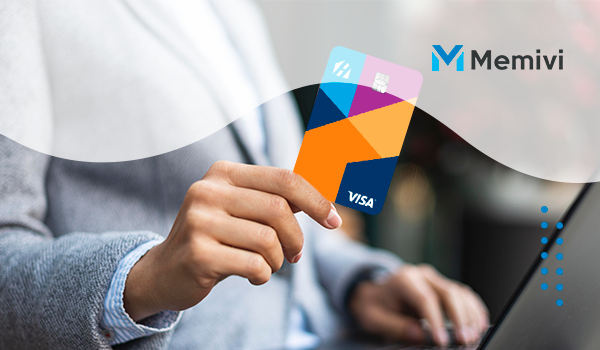
Year 1:
- Keep balance under 30%
- Pay full amount 3 days before statement
- Use for recurring bills only
- Apply for a second trade line after 6 months (e.g., Koho Credit Builder)
Year 2:
- Check credit score via Borrowell or Credit Karma
- Transition to an unsecured card (e.g., Scotiabank StartRight for newcomers, Tangerine Money-Back)
- Close secured card only after new trade lines are well established
Alternatives and Complementary Cards
While the Home Trust Secured Visa is one of the strongest rebuilding tools in Canada, it’s not the only option. Here are smart pairings:
Capital One Guaranteed Mastercard
- $59 annual fee
- Reports to both bureaus
- Approval even with past bankruptcies
- Slightly easier deposit process
Neo Secured Card
- No annual fee
- $50 minimum deposit
- Cashback between 0.5%–5%
- Instant digital access via mobile app
- Reports only to Equifax
KOHO Credit Builder
- No Visa functionality (prepaid)
- $10/month subscription
- Reports monthly to TransUnion
- Best when paired with a Visa like Home Trust for score diversification
EQ Bank Secured Card (upcoming)
- Expected in late 2025
- Will offer mobile-first access and Visa network
- Likely to compete with Home Trust on deposit flexibility
Final Verdict: Is the Home Trust Secured Visa Worth It?
For anyone serious about rebuilding credit in Canada, especially:
- New immigrants
- Students
- Individuals post-bankruptcy or with thin files
…this card is a solid choice. Despite lacking modern features like real-time notifications or cashback, its core strength lies in how reliably it reports to credit bureaus and how predictable it is to use responsibly.
Just don’t treat it like a rewards card. It’s a financial rehab tool, not a perk machine.
Pro Tips From Users
- “I used it for just Spotify and a phone bill—six months later, my score jumped 120 points. Worth every penny.” — Carlos M., newcomer from Brazil
- “You won’t get fancy apps, but it’s rock solid. I paired it with Koho to cover both bureaus.” — Jade T., university student in Ontario
Summary: Who Should Apply?
| Ideal For | Not Ideal For |
| Credit rebuilding | Those seeking rewards |
| No credit history | Tech-savvy users needing apps |
| Newcomers to Canada | Frequent travelers (due to 2% FX fee) |
| Post-bankruptcy individuals | High spenders |
Ready to Apply?
Visit the official Home Trust application page to avoid third-party fees or delays. Start with $500, stick to essential charges, and let your financial discipline rebuild your future.


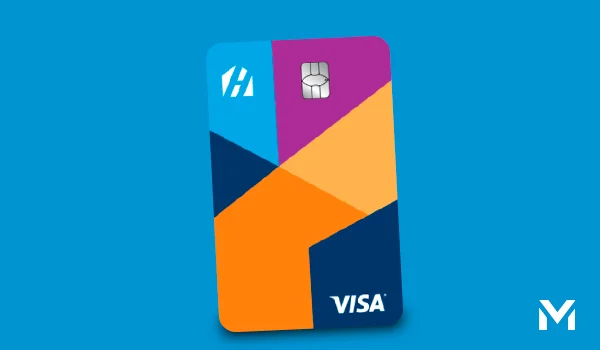
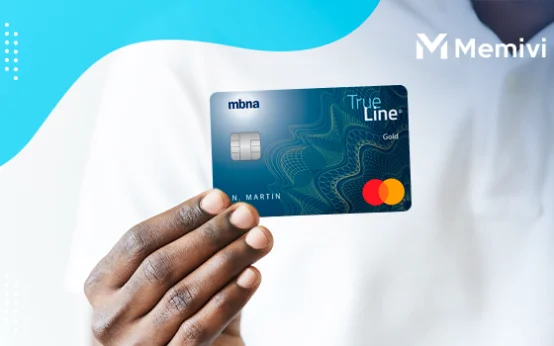 The MBNA True Line Gold Mastercard Credit Card <p class='sec-title' style='line-height: normal; font-weight: normal;font-size: 16px !important; text-align: left;margin-top: 8px;margin-bottom: 0px !important;'> A Low-Interest Credit Card for People Who Want Fewer Surprises and More Control </p>
The MBNA True Line Gold Mastercard Credit Card <p class='sec-title' style='line-height: normal; font-weight: normal;font-size: 16px !important; text-align: left;margin-top: 8px;margin-bottom: 0px !important;'> A Low-Interest Credit Card for People Who Want Fewer Surprises and More Control </p> 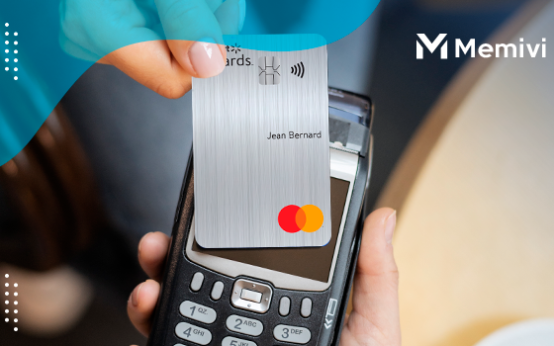 The Walmart Rewards Mastercard <p class='sec-title' style='line-height: normal; font-weight: normal;font-size: 16px !important; text-align: left;margin-top: 8px;margin-bottom: 0px !important;'> A Simple Rewards Card That Matches How People Actually Shop </p>
The Walmart Rewards Mastercard <p class='sec-title' style='line-height: normal; font-weight: normal;font-size: 16px !important; text-align: left;margin-top: 8px;margin-bottom: 0px !important;'> A Simple Rewards Card That Matches How People Actually Shop </p> 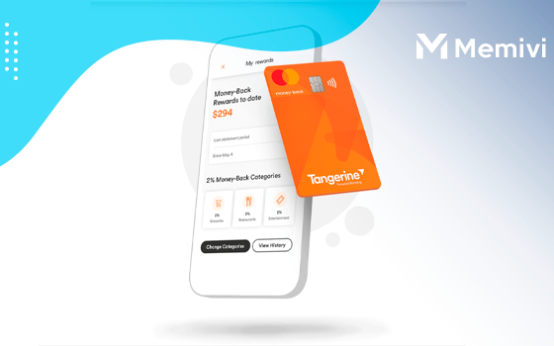 Tangerine Money-Back Mastercard Review <p class='sec-title' style='line-height: normal; font-weight: normal;font-size: 16px !important; text-align: left;margin-top: 8px;margin-bottom: 0px !important;'> This card offers Canadians customizable 2% cash-back categories, no annual fee, automatic monthly rewards and extended purchase protections. </p>
Tangerine Money-Back Mastercard Review <p class='sec-title' style='line-height: normal; font-weight: normal;font-size: 16px !important; text-align: left;margin-top: 8px;margin-bottom: 0px !important;'> This card offers Canadians customizable 2% cash-back categories, no annual fee, automatic monthly rewards and extended purchase protections. </p>